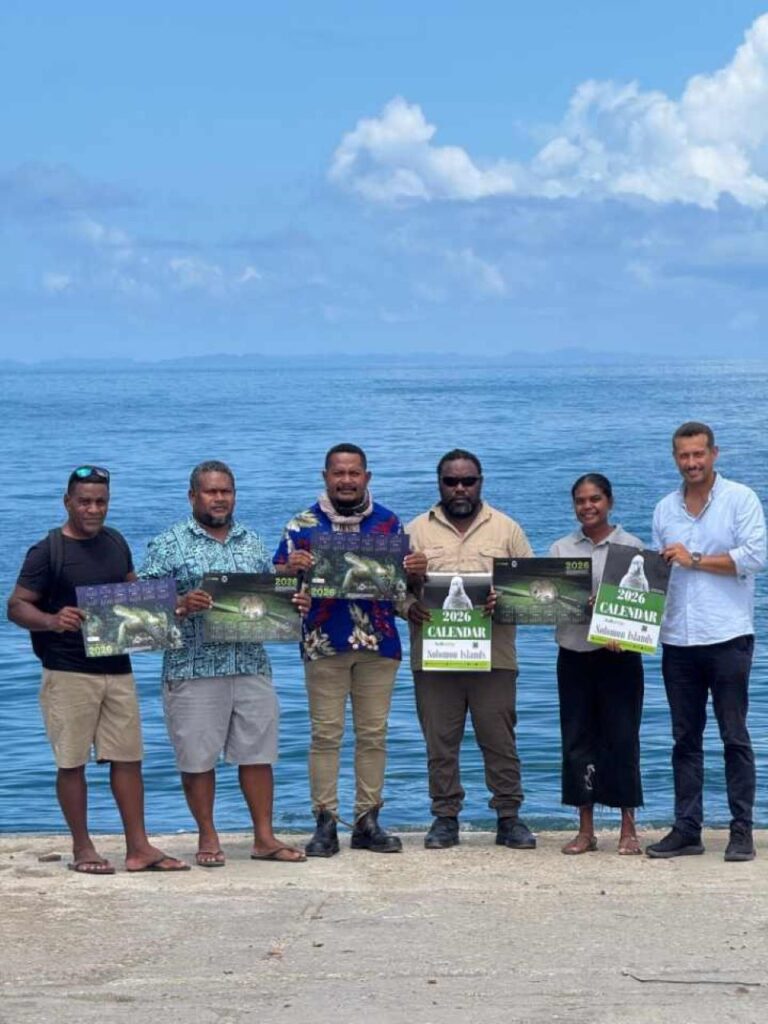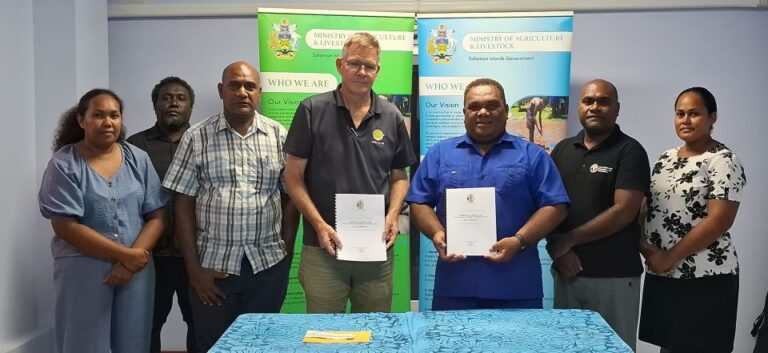A crucial workshop on Multi-Hazards Early Warning for Solomon Islands gets underway in Honiara this week, gathering multiple national key stakeholders and international agencies.
Launching the workshop today, the Minister for Environment, Climate Change, Disaster Management and Meteorology (MECDM), Hon. Trevor Manemahaga said the meeting marks a significant step in the country’s collective journey towards a more equitable and resilient Solomon Islands, where early warning information are not privileges, but are fundamental rights and must be accessible to all.

Minister Manemahaga highlighted that weather, climate, ocean and water extremes are becoming more unpredictable, frequent and intense as a result of climate change and often cause adverse impacts on livelihoods, properties, loss of lives at times, and consequently affecting the national economy.
“Unfortunately, such impacts are now being exacerbated by many other factors and that explicitly highlights the urgency and greater need for the establishment of an effective early warning system and proactive responses,” he said.
This national consultation workshop on early warning systems for all is an important platform to discuss innovative approaches, share best practices, and build a global network committed to extend the reach of early warnings to everyone, leaving no one behind.
The workshop through collective contributions will pave the way for the development of a specific multi-hazard policy and the relevant frameworks that will guide the successful implementation of the multi-hazard early warning system under the Early Warning for All Initiative.
Minister Manemahaga said the Government of National Unity and Transformation (GNUT) through its legislative reviews is looking forward to supporting this initiative.
Multi-Hazard Early Warning Systems are key elements of disaster risk reduction and climate change adaptation, as they help to reduce or avoid the detrimental impacts of hazardous events.
To be effective, such a system needs to comprise the four critical pillars of the Early Warning for all with an enhanced national coordination.
Stakeholder inputs into existing gaps and challenges and finding a way forward is important to ensure the country has an operational, effective and inclusive end to end Early Warning System that save lives, minimize impacts to properties and contribute to the resilience of communities.
The three-day workshop is supported by the Government of Solomon Islands through the Ministry of Environment, Climate Change, Disaster Management and Meteorology (MECDM), the World Meteorogical Organization, the UN office for Disaster Risk Reduction (UNDRR), the International Federation of Red Cross and Red Crescent (IFRC) and the International Telecommunication Union (ITU).
Source: Government Communication Unit




